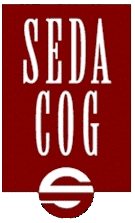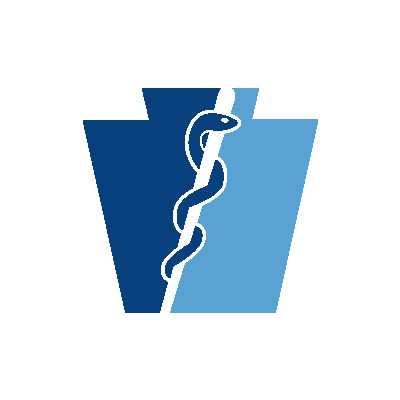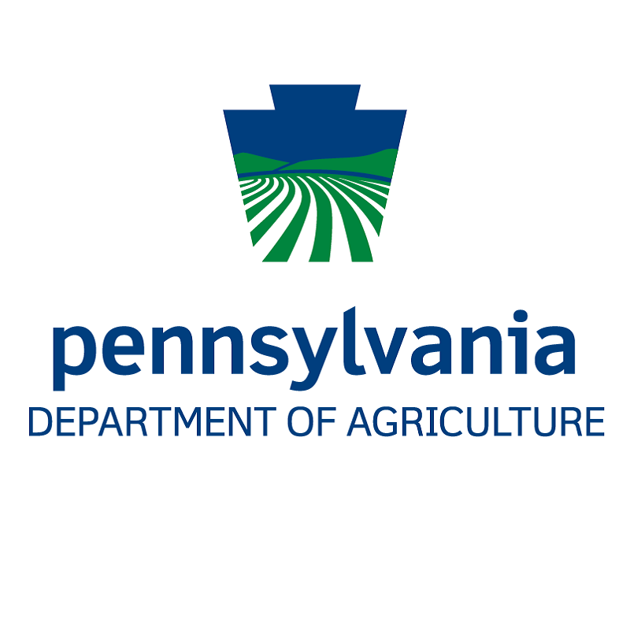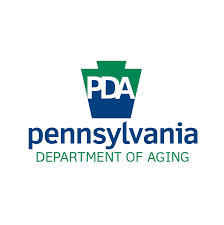SEDA-Council of Governments (SEDA-COG) welcomed new staff in November.
Frankie Hockenbrocht joined SEDA-COG Nov. 24 as a program analyst for the Economic Development department.
Hockenbrocht has over five years of experience in project management, organization, and administrative support. He was the program manager for the Downspout Disconnection Program at the Rock Creek Conservancy in Bethesda, Md. He also was the director of programs and development at the Policy Studies Organization in Washington, D.C., among numerous other positions.
He earned his master’s degree in Public Administration from American University in D.C. and his bachelor’s degree in Environmental Studies from Juniata College with a minor in Anthropology. He also has an International Teaching English as Foreign Language Training Certificate.
As a community and economic development agency, SEDA-COG enhances the quality of life and economic advantage for residents and businesses in 11 central Pennsylvania counties through its vital partnerships and initiatives. SEDA-COG also is an advocate for the interests of its communities at the state and federal levels. For more information, visit www.seda-cog.org.









